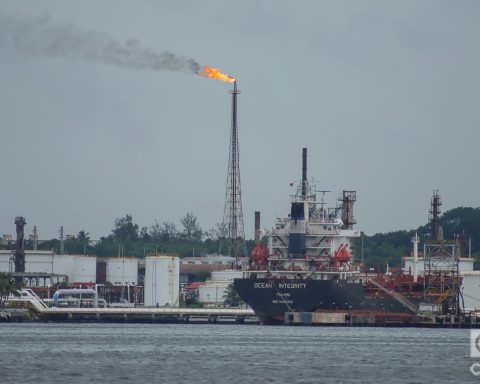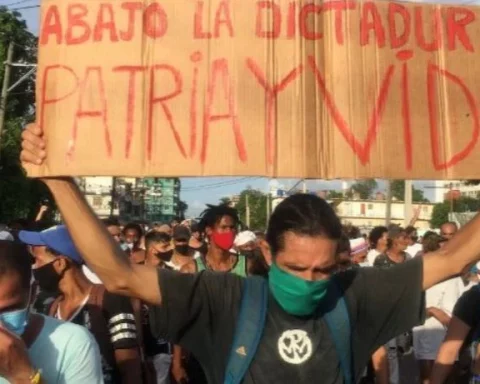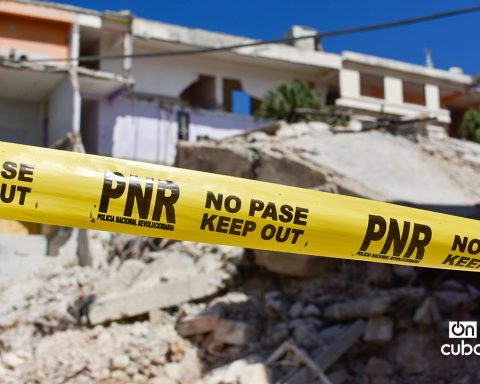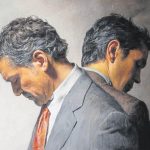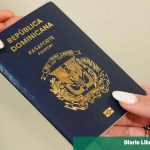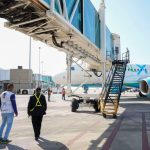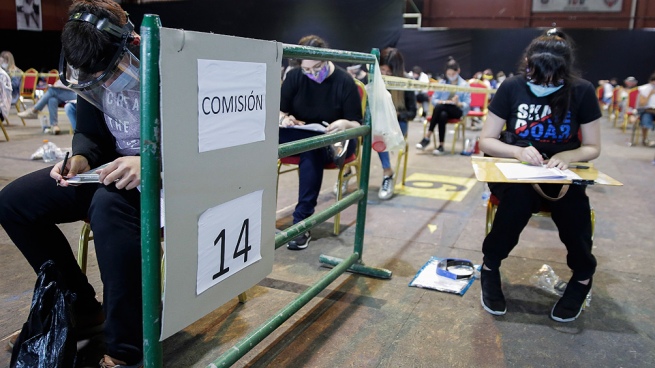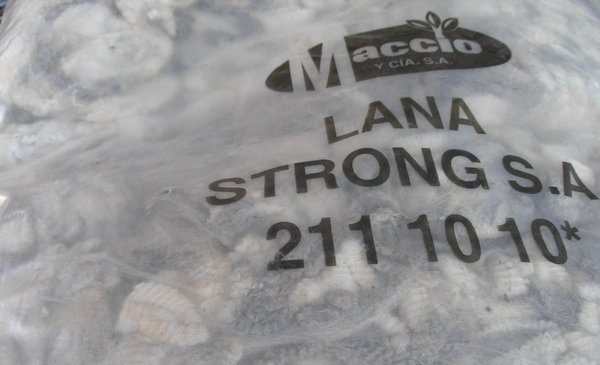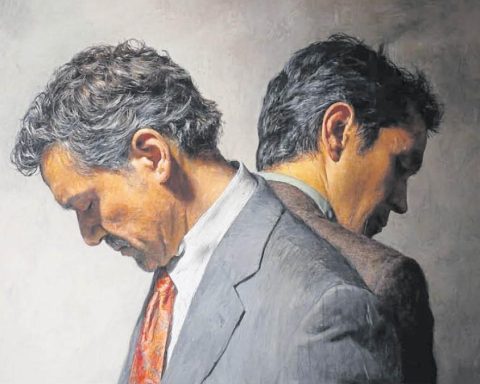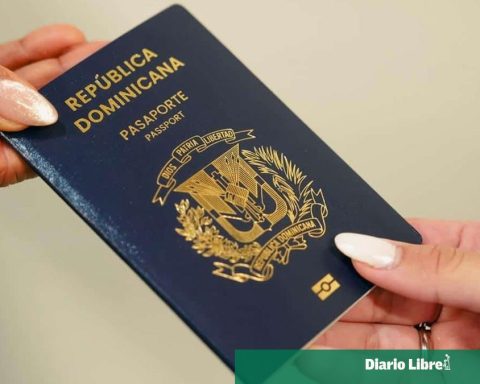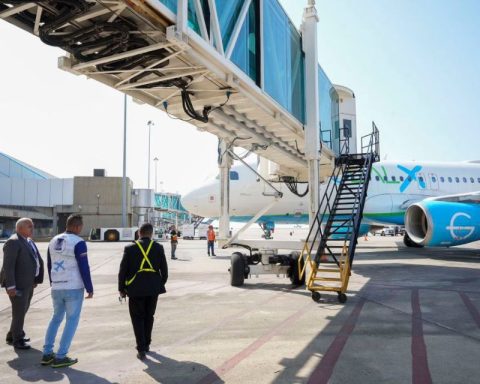In a statement, the agency justified the decision to remove from hospitals and schools the participants in protests against the coup of October 25 last year, which resulted in almost 80 fatalities among civilians.
However, the Committee explained that citizens can organize their demonstrations in duly authorized public squares in accordance with regulations of the transitional constitutional document, which do not include the center of Khartoum, an expressly prohibited area.
In fact, within the prohibited zone is the Presidential Palace, the headquarters of General Abdel Fatah al-Burhan, the coup leader and president of the Sovereign Transitional Council, the highest authority until the probable holding of elections in 2023.
Sudan has been experiencing political instability since the April 2019 overthrow of then-President Omar al Bashir, which worsened earlier this month with the resignation of Prime Minister Abdallah Hamdok, who accused the military of being unable to form a government.
Meanwhile, the African Union (AU) called on military authorities and political leaders to resume dialogue on the basis of the Sudanese Constitutional Declaration of August 2019 and the Juba Peace Agreement of October 2020.
The decision was made after a presentation by the AU special envoy to this nation, Mohamed Belaiche, who told the Council that the crisis was not due only to the violent crushing of the protests, but also to the expected split of the parties. negotiate with the military in power.
Such a proposal comes after the Council branded the actions of some diplomatic missions in Khartoum as interference.
The spokesman for the military body, Salma Abdel Jabar al Mubarak, refrained from mentioning the countries involved.
A proposal for negotiations made by the United Nations Organization found deaf ears among the Sudanese political opposition.
gas/ro
